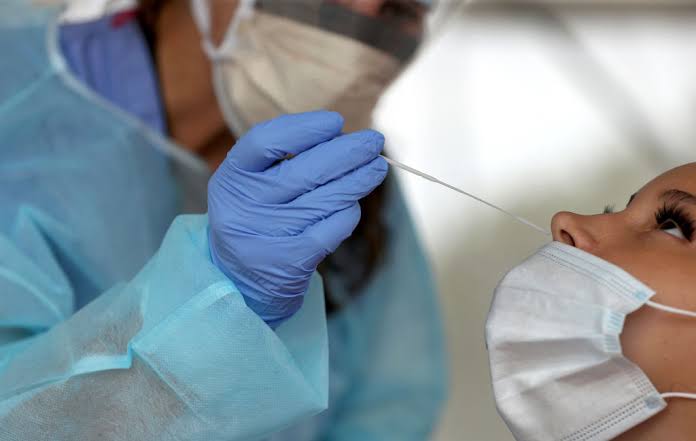
Over the course of the Covid-19 crisis, the importance of reliable, accessible testing to screen for the disease has become increasingly apparent. Tests for Covid-19 can be divided into antigen or antibody tests, both of which use different kinds of samples to search for different hallmarks of the SARS-CoV-2 virus. Medical Device Network takes a closer look at the different types of Covid-19 test.What are the different types of Covid-19 test?Polymerase chain reaction (PCR) tests are sent away to a lab to diagnose diseaseLateral flow tests (LFTs) can diagnose Covid-19 on the spot, but aren’t as accurate as PCR testsAntibody (or serology) tests can’t diagnose active infection, but they can help to tell if a person has immunity to Covid-19What is PCR testing?PCR tests are used to directly screen for the presence of viral RNA, which will be detectable in the body before antibodies form or symptoms of the disease are present. This means the tests can tell whether or not someone has the virus very early on in their illness.During Covid-19 PCR testing, substances known as reverse transcriptase or DNA polymerase are added to a nasopharyngeal sample in a lab.
These substances work to make numerous copies of any viral RNA that may be present. This is so that enough copies of the RNA are present to signal a positive result, as specifically designed primers and probes attach themselves to sequences of the genetic code of the virus to signal that a pathogen has been found.“PCR gives us a good indication of who is infected,” says University of Sussex senior lecturer in microbiology Dr Edward Wright. “They can be isolated and get in contact with people they’ve been in touch with so they can be quarantined too, just in case. That’s the true advantage of the current major diagnostic tests; you can break that transmission chain and get a clearer picture of what’s happening.”By scaling PCR testing to screen vast swathes of nasopharyngeal swab samples from within a population, public health officials can get a clearer picture of the spread of a disease like Covid-19.However, PCR still has its caveats. These types of Covid-19 test need to be sent away to a laboratory for analysis, meaning it can take days for people to find out their results.False negatives can occur up to 30% of the time with different PCR tests, meaning they’re more useful for confirming the presence of an infection than giving a patient the all-clear. They can also provide false positive results, as they’re so sensitive they can potentially signal a positive result upon detecting dead, deactivated virus still present in the body of someone who has recovered from Covid-19.Warwick Medical School honorary clinical lecturer Dr James Gill said: “During the course of the outbreak, the PCR testing has been refined from the initial testing procedures and with the addition of greater automation to reduce errors. As we are looking at swabs taken from people, who have lots of other organisms floating around, we are essentially dealing with the question of how ‘right’ the result we are looking at is.”
Thank you…

